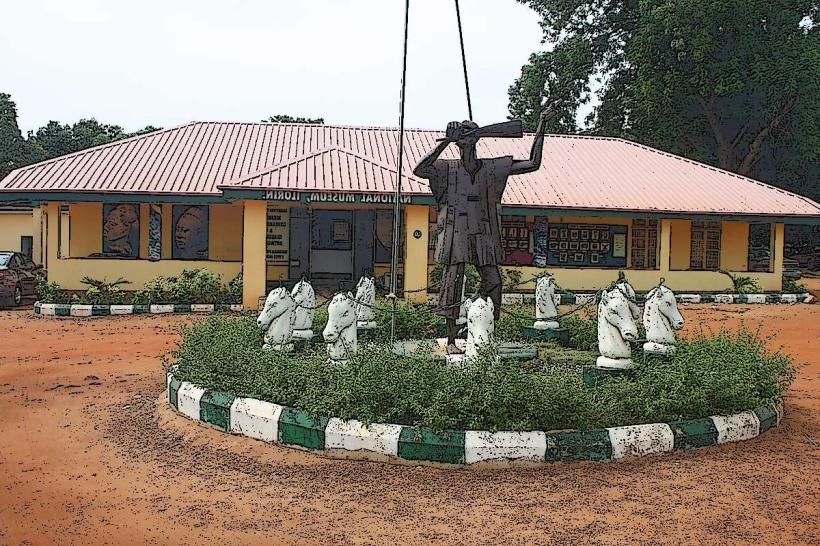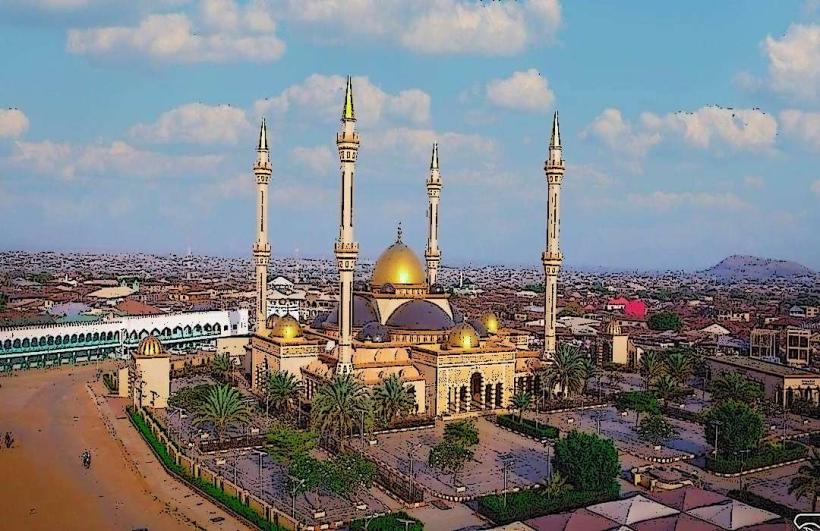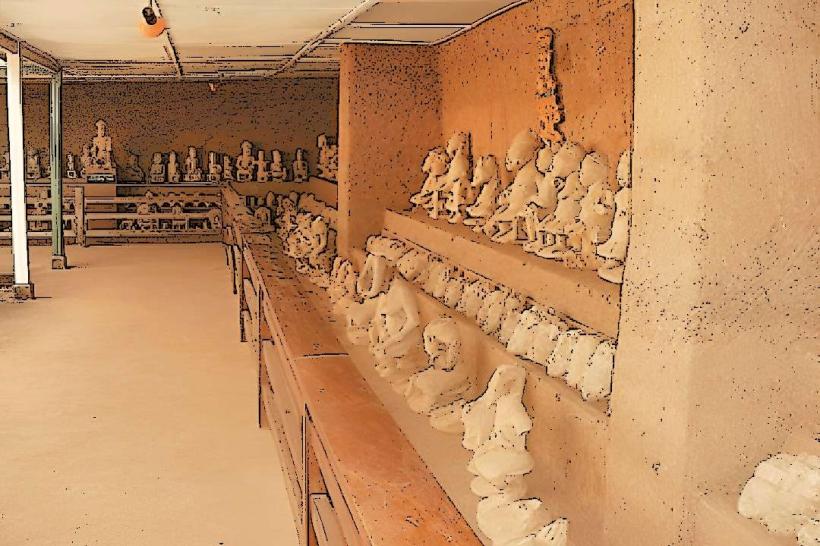Information
Landmark: Ilorin City WallsCity: Ilorin
Country: Nigeria
Continent: Africa
Ilorin City Walls, Ilorin, Nigeria, Africa
The Ilorin City Walls are one of the historical landmarks of Ilorin, the capital city of Kwara State, Nigeria. These walls are a testament to the rich cultural and architectural heritage of the city, offering insights into the history of the region, its defense systems, and its cultural significance.
Historical Background
Origins: The Ilorin City Walls were constructed in the late 18th century, during the reign of the first Emir of Ilorin, Aruo Saliu. The walls were built as a means of protecting the city from external threats and invaders.
Construction: The walls were originally built using mud, which was the common building material of the time in many parts of Nigeria. The walls were reinforced with other materials over the years to ensure their stability and durability.
Purpose: The primary purpose of the city walls was to protect the residents of Ilorin from attacks, particularly during the time of the Oyo Empire’s decline and the rise of other regional forces. The walls acted as both a military defense system and a marker of the city’s boundary.
Features of the City Walls
Location: The walls surrounded the central area of the city and were strategically placed to defend against potential invaders. They covered a substantial portion of the city, with various sections of the walls still visible in parts of modern Ilorin.
Structure: The walls were built with thick, tall mud bricks and included entrance gates and towers. These structures provided the defenders with a vantage point to observe approaching enemies. Over time, the walls were adapted and modified as needed.
Gates: Several gates were built into the walls, and they served as entry and exit points. These gates were often the focal points of the city, where local trade and social activities took place. Some of the gates were named after the locations or the royal figures of the time.
Cultural and Social Significance
Symbol of Strength: The Ilorin City Walls served as a symbol of the city’s strength and resilience in the face of external threats. They were integral to the city’s military defense system and were often a focal point of local pride.
Cultural Heritage: The walls are an important part of Ilorin's cultural identity. They serve as a reminder of the city’s historical significance and its role in the broader context of Nigerian history. They are also part of the legacy of the Fulani Empire, which played a significant role in the region’s history.
Tourism and Education: Today, the Ilorin City Walls attract tourists and historians who are interested in exploring the city’s rich history. Many visitors come to learn about the city’s historical defense system and the role of the walls in the development of Ilorin as a major center of culture and politics.
Condition and Preservation
Current State: While many sections of the Ilorin City Walls have been damaged or eroded over time due to natural weathering and urban expansion, parts of the walls are still visible, especially in the older parts of the city. These remnants serve as historical markers and are important for cultural preservation.
Conservation Efforts: There have been calls for preserving and restoring the remaining sections of the city walls to protect them from further decay. Efforts to conserve the walls include recognizing them as a heritage site and promoting their historical importance.
Significance in the Context of Nigerian History
Defense Systems: The walls of Ilorin are part of a broader tradition of city walls in Nigeria, where many cities were protected by similar structures. These walls are important because they represent the adaptive strategies used by ancient Nigerian societies to defend themselves against external forces.
Ilorin’s Role: Ilorin, being a city of political and military significance, was an important center during the period of the Oyo Empire and the subsequent rise of the Fulani emirates in the 19th century. The walls were symbolic of this transition, marking Ilorin’s significance as a stronghold in the region.
Conclusion
The Ilorin City Walls stand as a historical monument that reflects the strength, resilience, and cultural heritage of the city. They serve as a reminder of Ilorin’s strategic importance in Nigeria's history and offer valuable lessons about the region’s past defense systems. Despite challenges in preservation, the walls remain an important landmark in the city, attracting attention from both locals and tourists interested in Nigerian history and culture.





